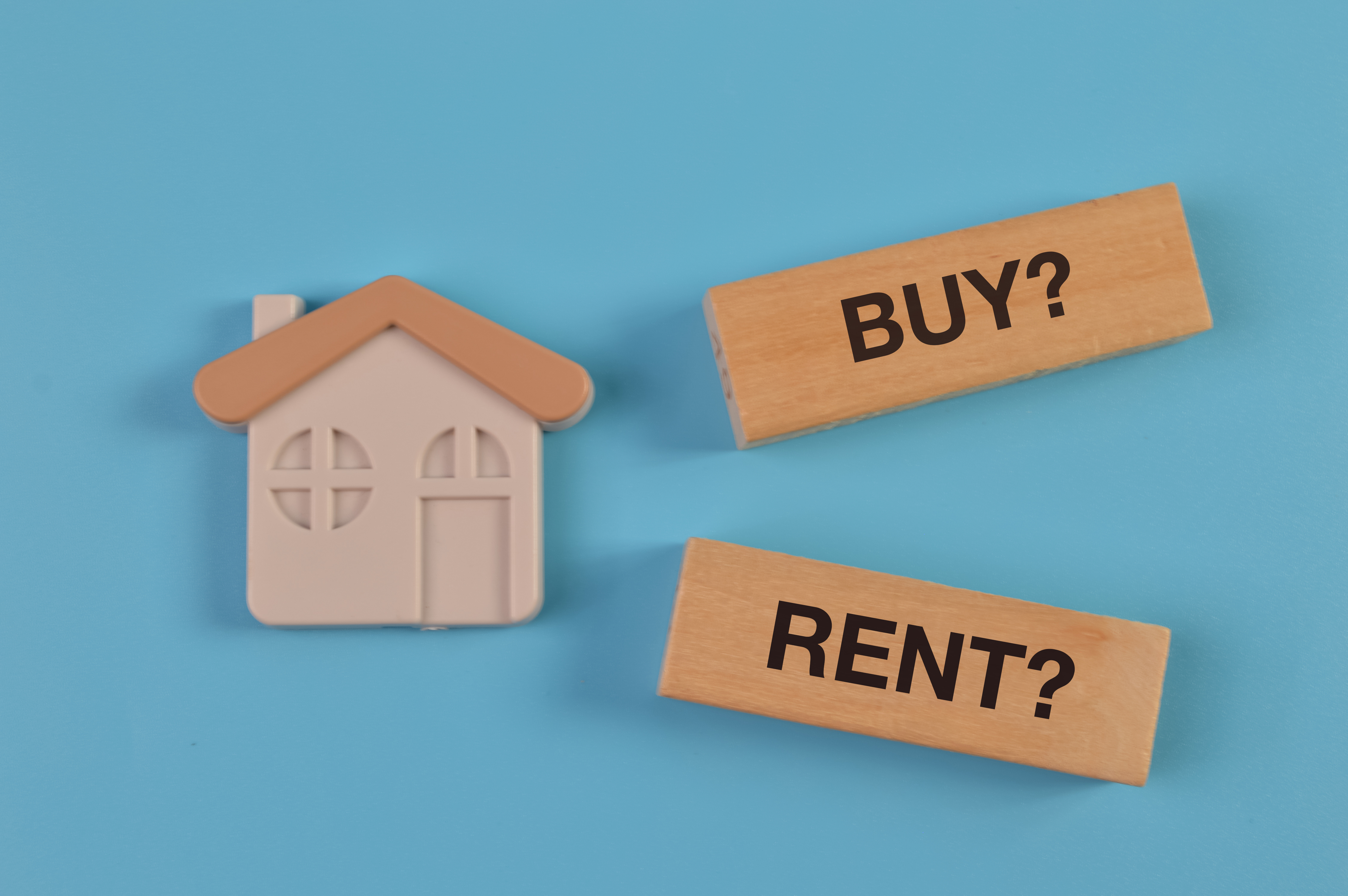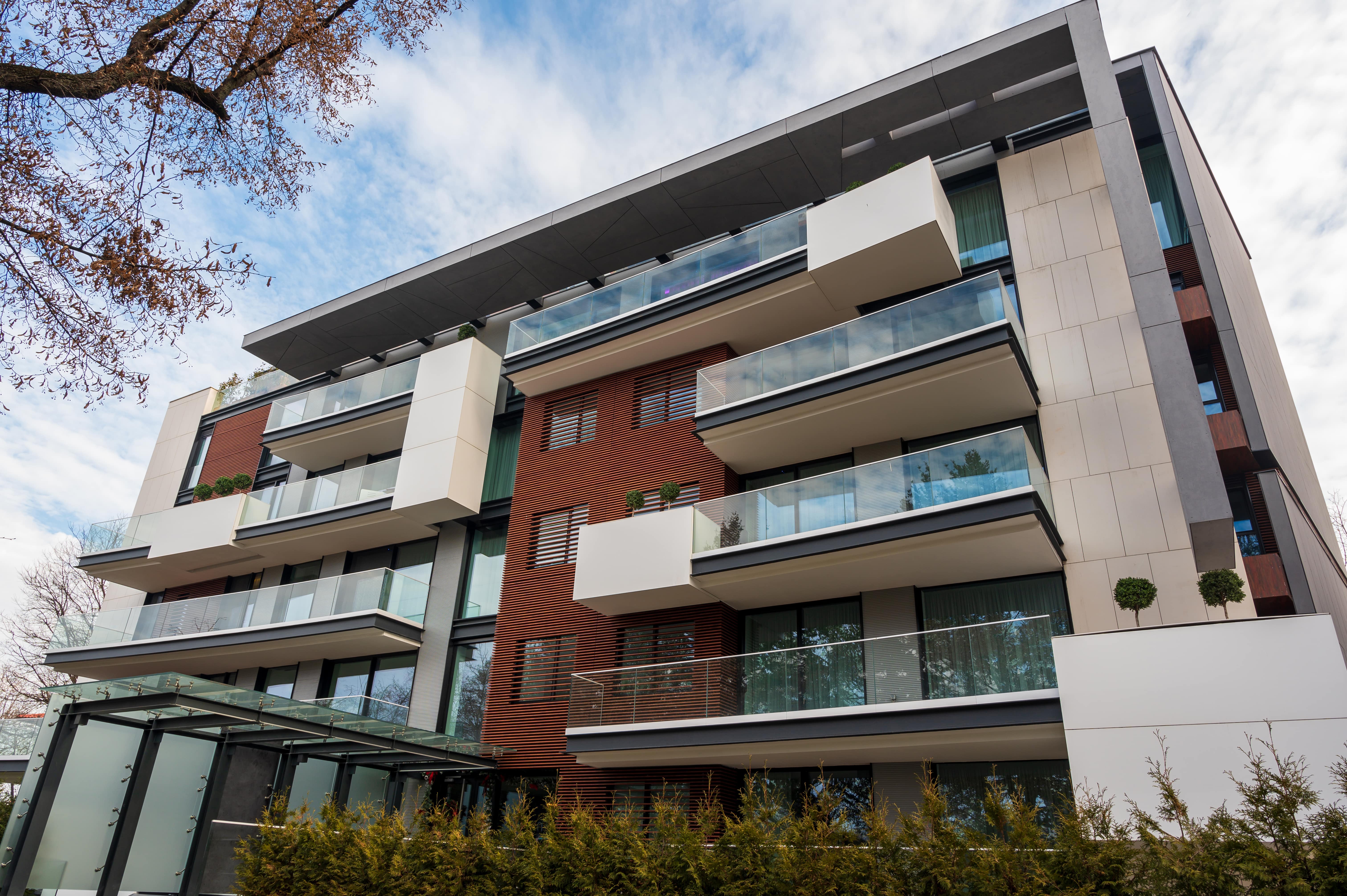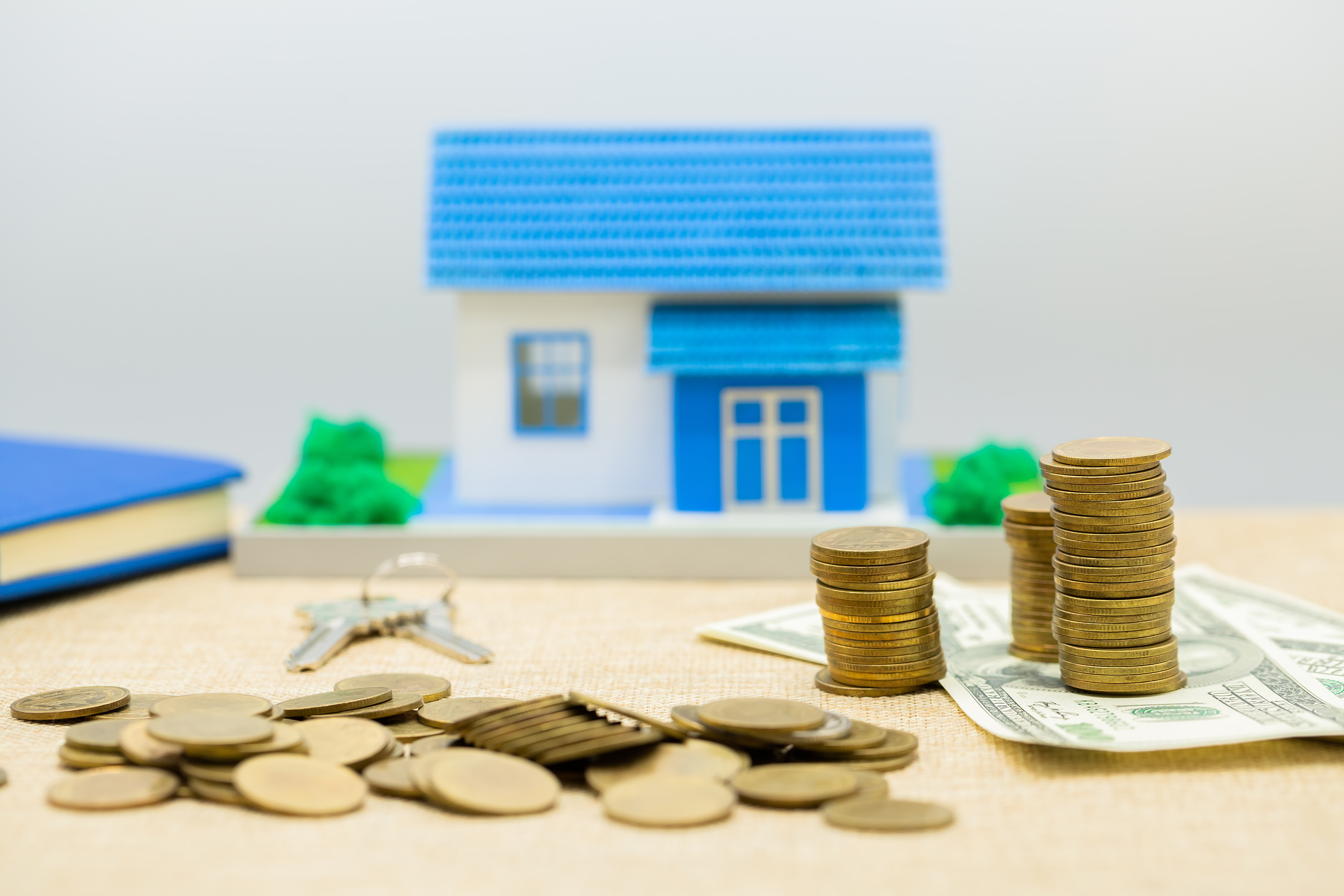
For many people, owning a home is a lifelong dream.
However, in today's market, it can be challenging to decide whether buying or renting is the best option. Both options have their advantages and disadvantages, and it ultimately comes down to personal preferences and financial circumstances. In this blog, we'll explore the benefits of buying versus renting a home.
BENEFITS OF BUYING A HOME
Investment:
One of the most significant benefits of buying a home is that it can be a smart investment. When you purchase a property, you're not only providing yourself with a place to live, but you're also investing in a tangible asset. Over time, the value of your home may increase, providing you with a potential return on your investment.
Building Equity:
When you own a home, you're building equity. Equity is the difference between the value of your home and the amount you owe on your mortgage. As you make mortgage payments, your equity increases, and you're building wealth. This can be a valuable financial asset that can be used to fund other investments or provide a cushion in case of financial hardship.
More Control and Flexibility:
When you own a home, you have more control and flexibility over your living space. You can make changes to the property, such as painting the walls or renovating the kitchen, without having to ask for permission from a landlord. You can also choose to rent out the property if you decide to move, providing you with a potential source of passive income.
Tax Benefits:
Owning a home comes with tax benefits. You can deduct mortgage interest and property taxes on your federal income tax return, which can help reduce your tax liability. This can be a significant advantage for homeowners, particularly if they have a high income.
BENEFITS OF RENTING A HOME
Flexibility:
One of the most significant benefits of renting a home is flexibility. Renting a property provides you with the freedom to move when your lease is up, without having to worry about selling your home or finding a new tenant. This can be advantageous if you have a job that requires you to move frequently.
No Maintenance Costs:
When you rent a property, you're not responsible for maintenance costs. If something breaks or needs to be repaired, you can simply call your landlord, and they'll take care of it. This can be a significant advantage, particularly if you're not handy or don't have the time or resources to manage maintenance tasks.
Lower Upfront Costs:
When you rent a property, the upfront costs are generally lower than when you purchase a home. You typically need to pay a security deposit and the first month's rent, and that's it. When you purchase a home, you need to put down a substantial down payment, pay closing costs, and cover other expenses, such as home inspections and appraisals.
No Risk of Depreciation:
When you own a home, the value of the property can depreciate over time, depending on market conditions. When you rent, you don't have to worry about this risk. If the value of the property goes down, it's not your problem, and you can simply move when your lease is up.
Conclusion
In conclusion, both buying and renting a home have their advantages and disadvantages. When deciding which option is best for you, it's essential to consider your financial circumstances, lifestyle, and long-term goals. If you're looking for a long-term investment, building equity, and tax benefits, purchasing a home may be the best choice. On the other hand, if you're looking for flexibility, lower upfront costs, and no maintenance responsibilities, renting may be the better option.
Ultimately, it's important to make an informed decision based on your unique circumstances. It's also important
RECOMMENDED FOR
YOU
Redefining Growth: What Sets Roongta Developers Apart as Surat's Fastest Growing Real Estate Company










